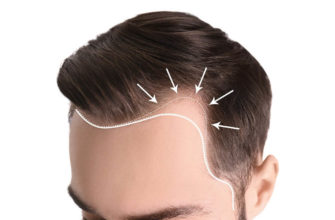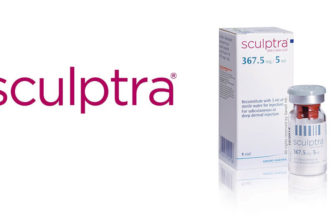Creatine – it’s the game-changer in the world of fitness and bodybuilding! This powerful supplement has become hugely popular thanks to its potential for improving athletic performance and muscle growth. Whether you’re a professional athlete or just wanting to up your fitness game, understanding how to use creatine is key!
So, what exactly is creatine? It’s a naturally occurring compound found in our muscles, and can also be obtained from dietary sources like meat and fish. However, relying on these alone may not be enough for those who work out hard. That’s when supplementation comes in!
By taking creatine before workouts, you can increase strength, power, and endurance. It does this by refilling your muscles’ ATP (adenosine triphosphate) stores. These are responsible for energy during high-intensity exercises – and with more ATP, you get improved performance and the ability to push yourself further.
But it’s not all about what happens during the workout. Taking creatine after exercise has its own benefits. It helps in the recovery process by promoting protein synthesis and reducing muscle damage. Plus, it helps build muscle mass by upping water content in cells, giving them a fuller appearance.
Knowing about the advantages of creatine is just the start. It’s important to follow dosage instructions and take it regularly for best results. So fuel your workouts with this amazing supplement, and get ready to experience the difference it can make! Boost your performance, build muscle, and reach your goals with the help of creatine!
How Creatine Works in the Body
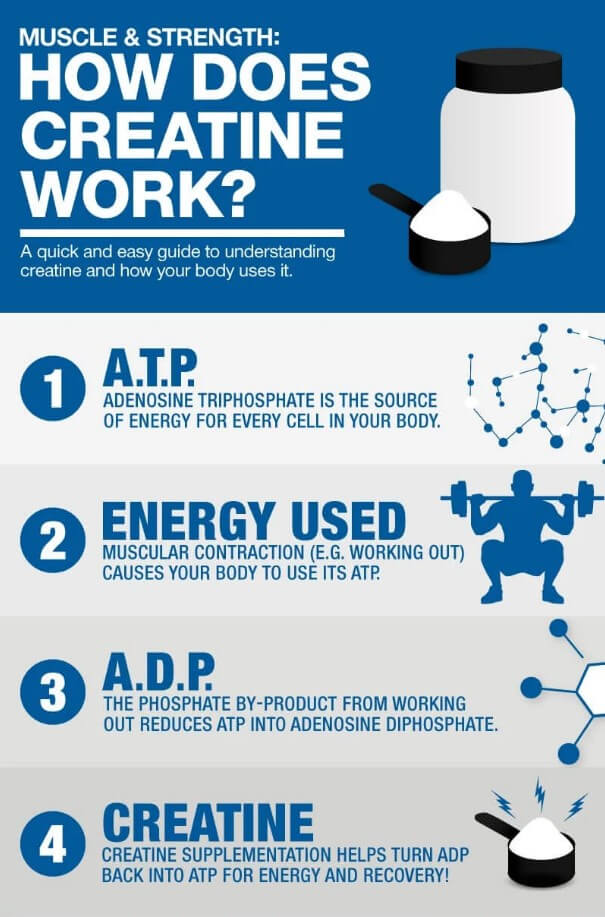
To understand how creatine works in the body, delve into its benefits. This will shed light on the effects of taking creatine before and after workouts, as well as the impact it has on muscle growth, strength, and performance.
Benefits of Taking Creatine
Creatine is a super-supplement with amazing benefits! It’s popular for increasing muscle strength, improving exercise performance, aiding recovery, boosting muscle mass, and even enhancing brain function.
But did you know that the effects of creatine vary depending on age, gender, diet, and health? Plus, to get the most out of it, you should follow a loading phase and stay hydrated. And don’t forget that combining creatine with a balanced diet and exercise will help maximize its effects.
So, if you think bending spoons is cool, just wait until you see what creatine can do to your muscles!
Pre-Creatine Assessment
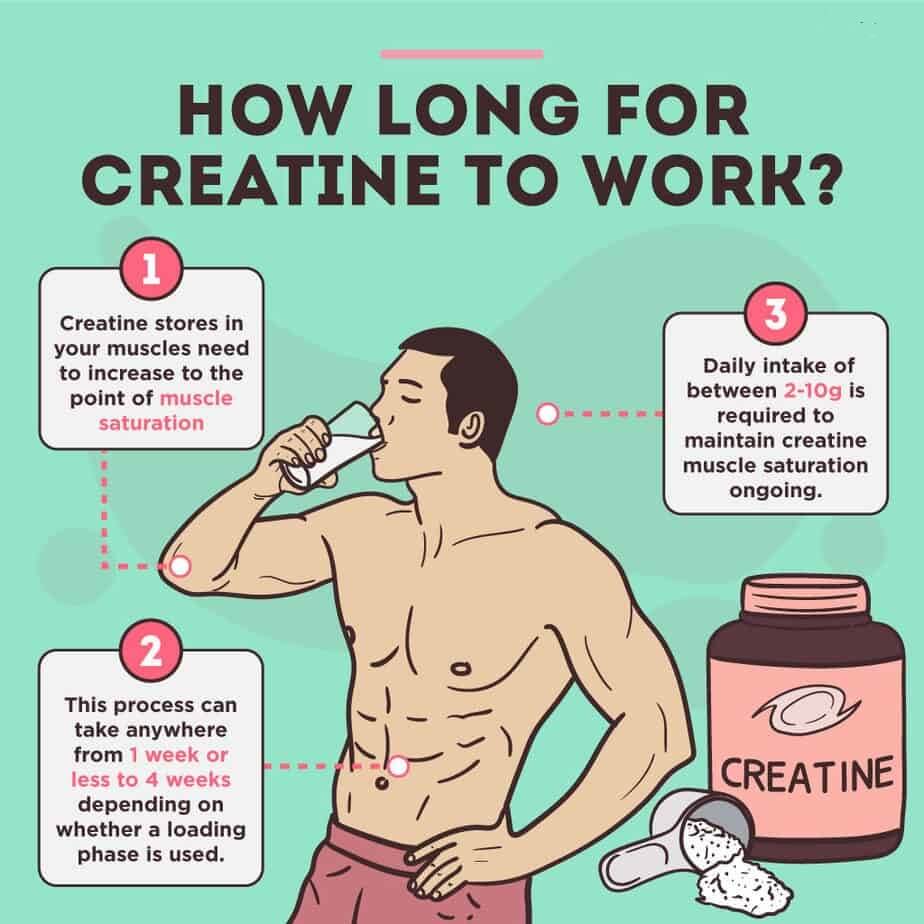
To assess your pre-creatine status efficiently, utilize measurements and assessments that help establish a baseline. These evaluations will serve as the foundation for gauging the impact of creatine before and after usage.
Measurements and Assessments to Determine Baseline
To start tracking progress, a series of measurements and assessments are carried out to set the baseline for creatine assessment.
Body composition analysis is done first, to measure fat, muscle, and water levels. This data also shows the initial level of muscular mass.
Strength and power tests are then conducted, using exercises such as bench press, squat, or vertical jump. These tests measure the maximum force exerted by muscles and serve as a benchmark for future comparison.
Blood tests are also performed to analyze parameters like red blood cell count, kidney function markers, and liver enzymes. Cardiovascular assessments, such as VO2 max testing or a 1-mile run, are used to evaluate aerobic fitness.
Lastly, dietary analysis is essential to understand eating habits and nutrient intake levels. This forms the basis for designing an optimal nutrition plan alongside creatine supplementation.
With these comprehensive measurements and assessments, individuals can confidently establish their baseline and begin their creatine journey.
Creatine Use Before Exercise
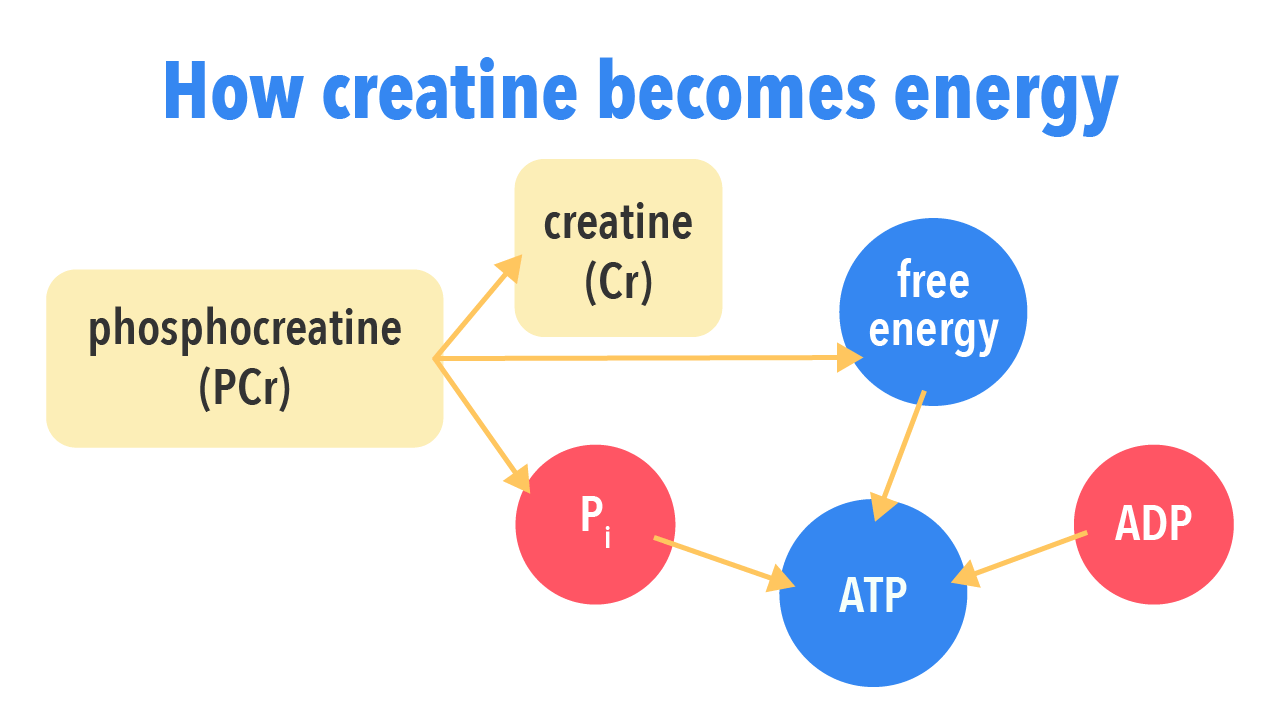
To optimize your creatine use before exercise for maximum benefits, delve into the section “Creatine Use Before Exercise.” Discover the importance of timing and dosage recommendations in this sub-section.
Timing and Dosage Recommendations
Creatine use: the perfect excuse for looking like you’ve been hitting the gym, even though your only exercise is lifting the TV remote.
Timing and Dosage Recommendations:
- Pre-workout: 3-5 grams, 30 minutes before exercise.
- Post-workout: 3-5 grams, within 30 minutes after exercise.
- Daily Maintenance: 2-3 grams, any time of the day.
It’s important to cycle on and off creatine supplementation. Take a break, then start another cycle. This way you can reap the potential benefits of creatine supplementation.
Follow the recommended timing and dosages and optimize your workout performance. Improve your muscle gains with creatine today!
Expectations of Creatine Use
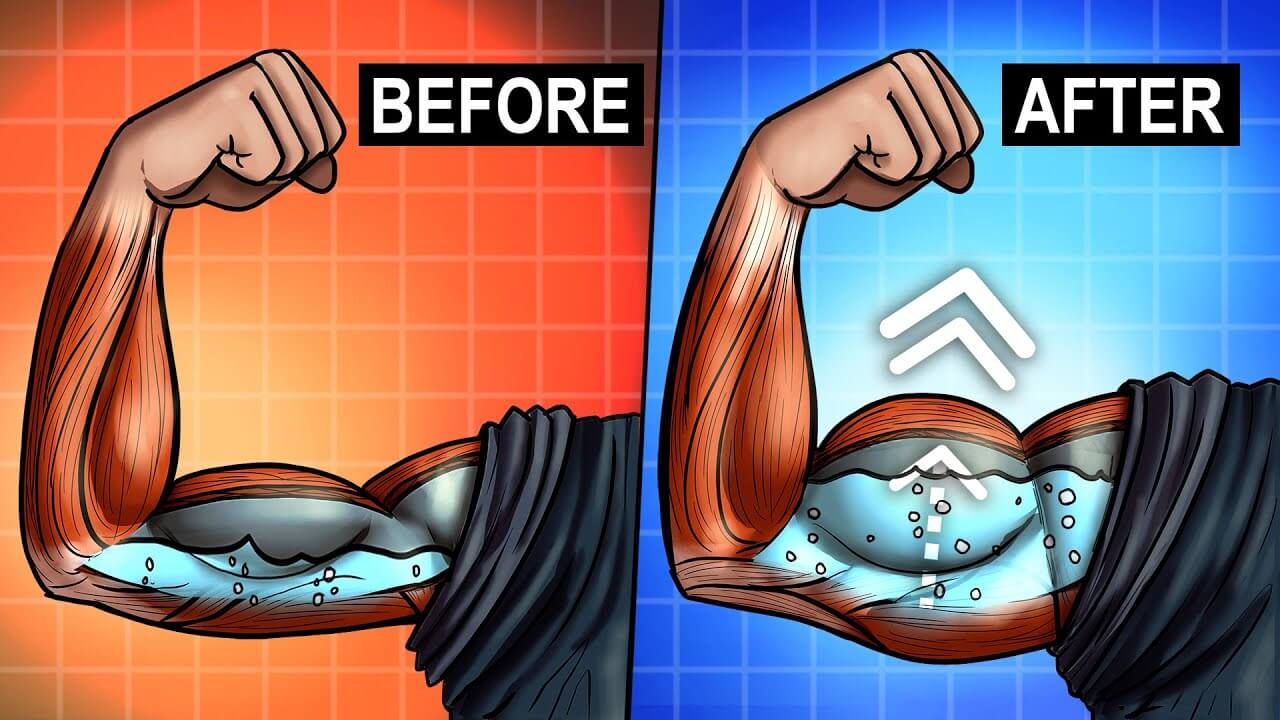
To set your expectations regarding creatine use, discover the potential benefits and results you can achieve. Dive into the sub-sections that outline these benefits and results.
Potential Benefits and Results
Creatine is a widely recognized supplement, favored by athletes and fitness lovers alike. It has many potential benefits and results. Let’s look into some of them!
A table displays the possible benefits and results of creatine:
| Benefit | Result |
|---|---|
| Increased muscle strength | Enhanced athletic performance |
| Improved exercise capacity | Longer & more intense workout sessions |
| Faster muscle recovery | Reduced muscle soreness |
| Increased muscle mass | Enhanced body composition |
| Improved brain function | Enhanced cognitive performance |
Creatine has other, unique advantages. It can help with medical conditions such as Parkinson’s disease, depression, and even heart failure.
To maximize the advantages of creatine, there are 3 tips:
- The right dosage: Following guidelines ensures the best results & prevents any side effects.
- Hydration: Adequate hydration supports creatine absorption in muscles.
- Timing: Consume creatine before or after workouts for improved muscle growth & recovery.
By following these suggestions, individuals can experience improved athletic performance, enhanced cognitive function & overall well-being. Take a post-Creatine assessment to see if your muscles will thank you for all the gains you’ve been making!
Post-Creatine Assessment
To assess your progress after taking creatine, delve into the section of post-creatine assessment. Evaluate changes and progress to determine the effectiveness of your creatine regimen.
Evaluating Changes and Progress
Look for gains in strength and power. Monitor if you can lift heavier weights or do explosive movements. Assess any increase in muscle mass. Check for a decrease in body fat % or an increase in lean muscle. Track performance in workouts – endurance, stamina, capacity. Note any faster recovery or reduction in muscle soreness. Pay attention to any adverse reactions or symptoms.
Remember – everyone responds differently to creatine due to genetics, diet, and training program. Pro tip: keep detailed notes and measurements. This will help you detect subtle improvements or setbacks.
Real-life Before and After Examples
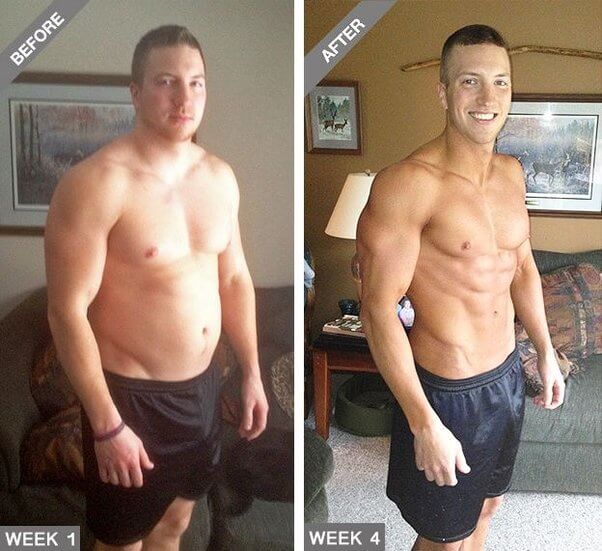

Alexander and Emily show us the transformative power of creatine. Alexander lacked muscle definition, but with creatine, he gained lean muscle mass and improved strength. Emily was fatigued during her workouts, but after taking creatine, she had increased endurance and higher energy levels.
For the best results, follow these tips:
- Be consistent in taking your recommended dosage.
- Combine creatine with a balanced diet and exercise.
- Stay hydrated.
With dedication, you can experience amazing results with creatine before and after your fitness journey. Lastly, remember that creatine may be the secret to gains that make your gym buddies envious!
Frequently Asked Questions
Q: What is creatine and how does it work?
- A: Creatine is a naturally occurring substance found in our muscles. It helps produce ATP, the primary source of energy for muscle contractions. Taking creatine supplements can increase muscle levels of creatine and improve athletic performance.
Q: When should I take creatine?
- A: It is generally recommended to take creatine before or after a workout. However, some studies suggest that taking it before bed may also be effective in increasing muscle mass and strength.
Q: What are the benefits of taking creatine?
- A: Some benefits of taking creatine supplements include increased muscle mass, improved strength and power, and enhanced sports performance. It may also improve cognitive function and reduce fatigue.
Q: Are there any risks or side effects associated with taking creatine?
- A: Creatine is generally safe when taken in recommended doses. However, some people may experience side effects such as stomach upset, muscle cramps, or dehydration. It is important to stay hydrated when taking creatine supplements.
Q: How long does it take to see results from creatine?
- A: The time it takes to see results from creatine may vary depending on the individual and the dosage. Some people may see results within the first week of taking creatine, while others may take several weeks or months to notice a difference.
Q: Can creatine be taken with other supplements?
- A: Creatine can be taken with other supplements, but it is important to speak with a healthcare professional before doing so. It may interact with certain medications or supplements, such as caffeine or diuretics.
Conclusion and Final Thoughts
Creatine is a well-liked supplement taken by athletes and bodybuilders to enhance performance and muscle growth. Examining its effects, it’s clear that this supplement can yield great results.
Taking creatine before exercise has been seen to up strength and power, enabling people to work harder during their training. This is especially useful for athletes in high-intensity sports such as weightlifting or sprinting. With creatine, athletes can reach their peak performance and get better results.
Another advantage of creatine is that it assists in muscle recovery. After a workout, creatine helps to restore the body’s energy stores and encourages faster muscular repair. Thus, those taking creatine after exercise are unlikely to suffer from soreness or fatigue afterwards.
To gain maximum benefit from creatine, one should follow some tips. Firstly, it’s advised to take creatine with carbohydrates; as this promotes its absorption into the muscles. Secondly, it’s essential to stay hydrated when taking creatine; as it pulls water into the muscles. Lastly, staying consistent is important – taking creatine daily ensures that the muscles continuously receive this beneficial supplement.





